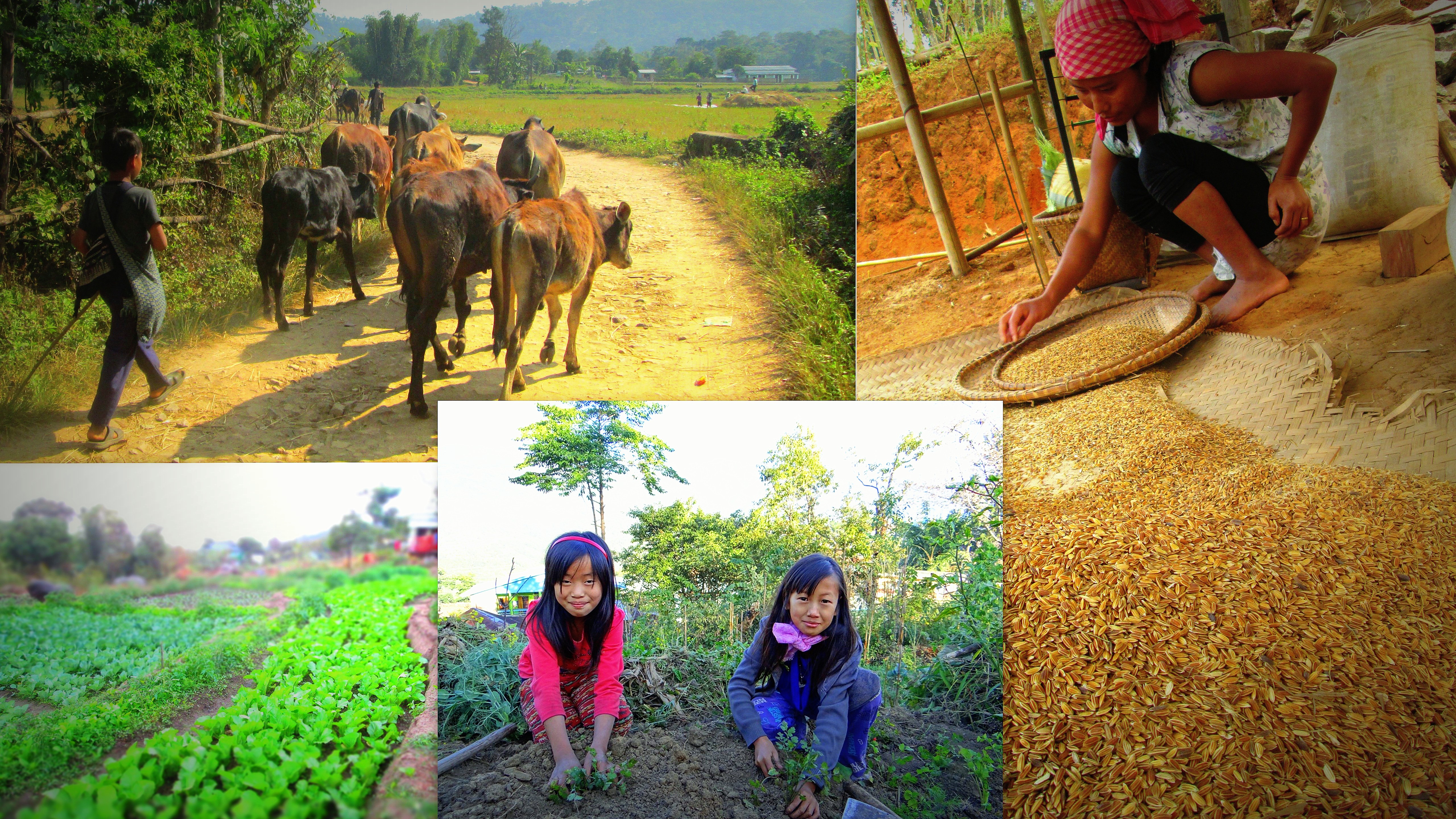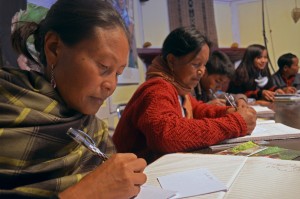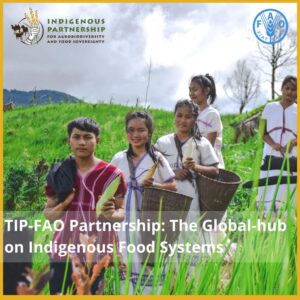 From the Saami in Europe, to the Maori in New Zealand, indigenous communities are creating and maintaining rich biocultural landscapes. A biocultural landscape is a holistic system of culture and nature that has been shaped by human management over long periods of time.
From the Saami in Europe, to the Maori in New Zealand, indigenous communities are creating and maintaining rich biocultural landscapes. A biocultural landscape is a holistic system of culture and nature that has been shaped by human management over long periods of time.
Food Tank produced this video highlighting how biocultural landscapes can benefit the health of both people and the planet. WATCH THE VIDEO HERE.
According to the United Nations, there are more than 370 million indigenous people spread across 70 countries worldwide. Native peoples practice holistic agriculture, mixing diverse livestock and crop varieties in an integrated farming landscape. They grow traditional foods that are resilient, nutritious, and delicious, and help shape landscapes to enable farming in a range of conditions.
These multifaceted landscapes maintain ecosystem health; create cultural value; maintain healthy soils; provide meat, milk, transport, and medicine; and nourish both people and the planet.
Biocultural diversity tends to be richest in locations where native peoples have had long, intimate connections with their landscapes. This diversity is reflected within languages and traditional ecological knowledge systems, and manifests itself in beautiful ways through cultural and artistic expression, according to The Christensen Fund.
The video highlights how domesticated animals are key to a healthy biocultural system by providing not only protein, but transport, fiber, and cultural value to communities.In addition, trees, shrubs, roots, and vines are important resources, providing fruit, fiber, and medicine. Bacteria, microbes, protozoa, fungi, nematodes, rhizomes, and arthropods provide an entire underground ecosystem for healthy soil. Biocultural landscapes tend to have high rates of carbon sequestration in forests, rich soils, and grasslands, making them important in the fight against climate change.
When a biocultural landscape is intact, a bounty of biomass and cultural riches thrives as inhabitants and ecological pieces interact creating a strong defense against climate change.
by Danielle Nierenberg and Sarah Small
The Christensen Fund is one of the major supporter of the Indigenous Terra Madre 2015.
To know more follow- http://foodtank.com/news/2014/12/video-release-biocultural-diversity-combats-climate-change



